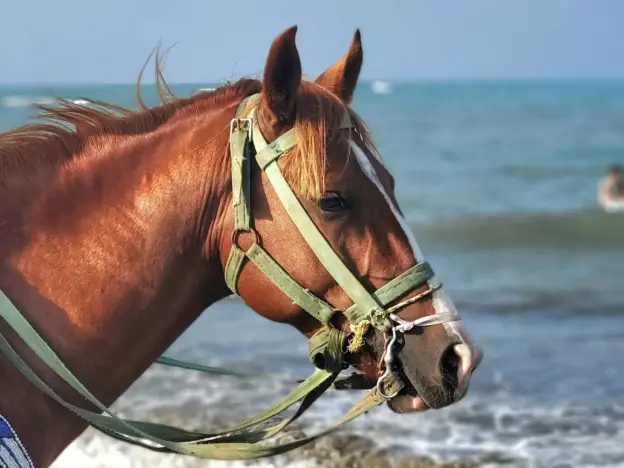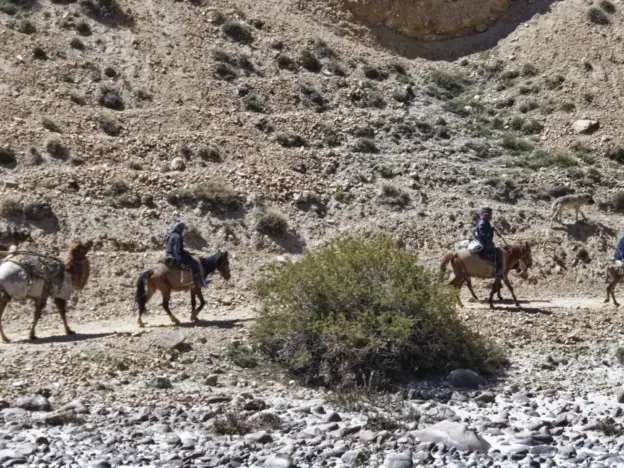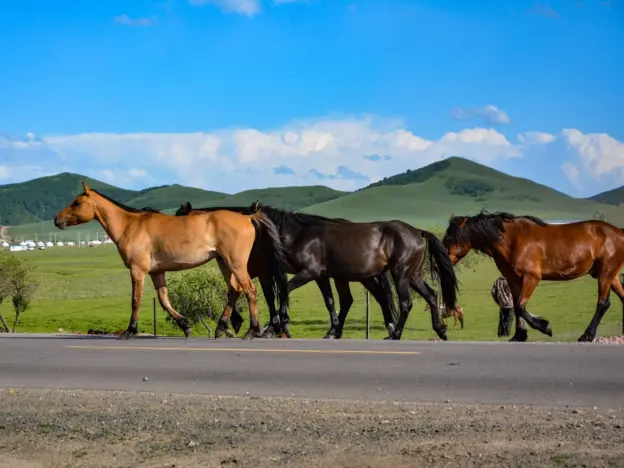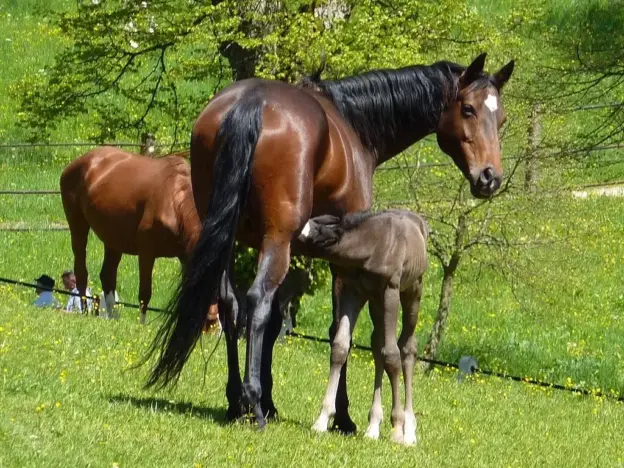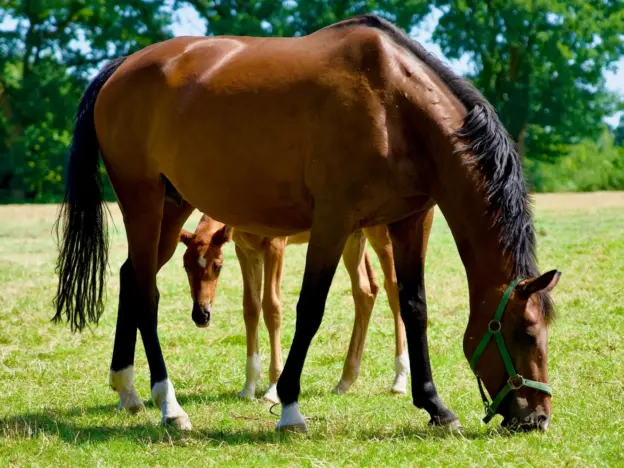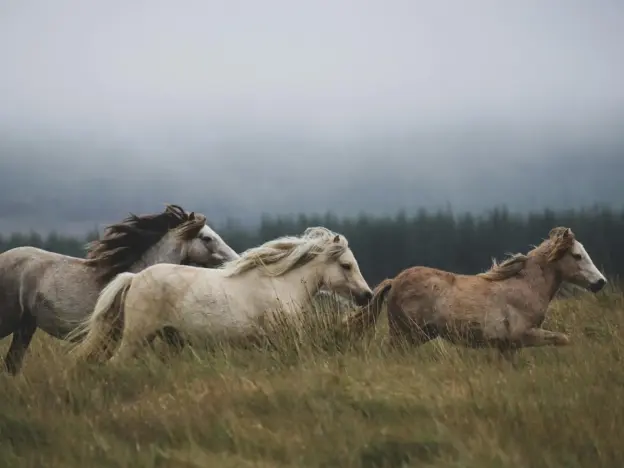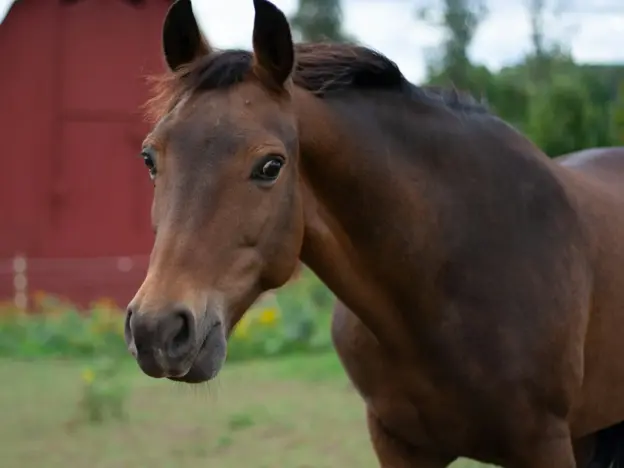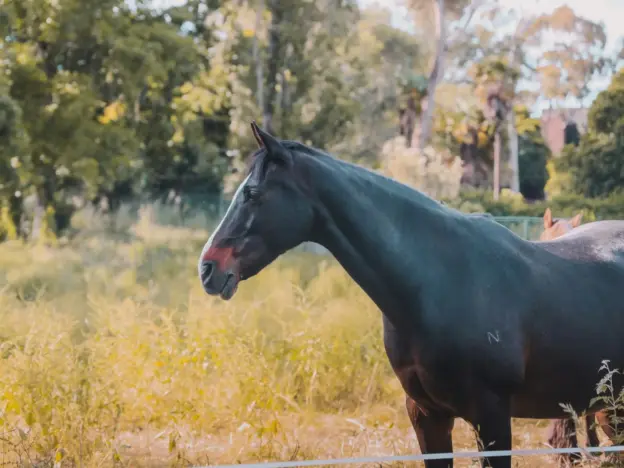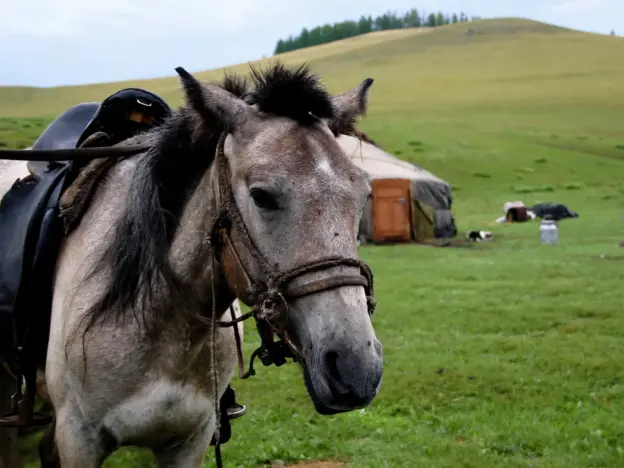Intro
There are a variety of breeds listed in the DAD-IS for Yemen, however there is not much information to be found about them. These include Abeia, Dahmaa, Giawf, Jofi, Omarqoub, Saqallwiya and Shweimaa. It is unlikely there are so many breeds native to the country, they are probably strains of Arabian or Barb. To simplify we will combine them into one and call them Yemeni horse (which does not appear in the DAD-IS and could simply describe another type).
Read more
